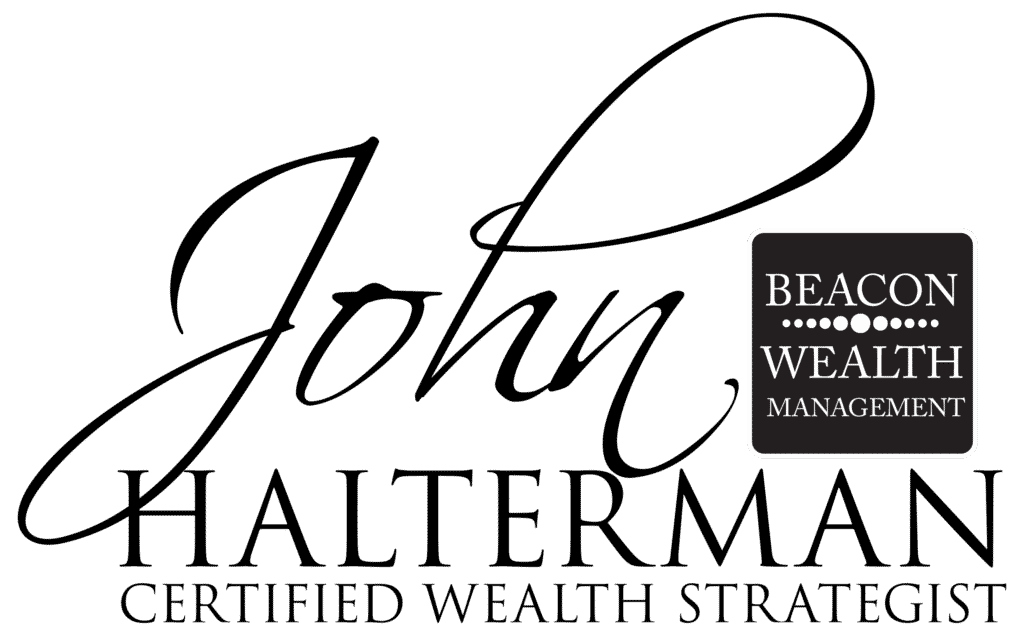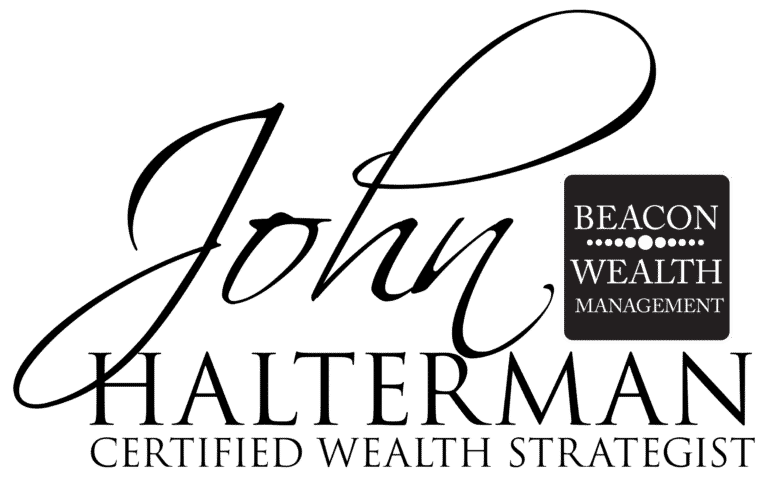The number one rule of finance is to earn more than you spend. But after budgeting and working hard for decades, you may start accumulating more money each month than you actually need. The question is, what’s the most appropriate way to use it? You don’t want to leave it sitting in a savings or checking account where you’re earning less than a percent of interest. Instead, you want to put your extra money to work. Usually, people end up doing one of two things—paying down their mortgage or investing. It can be a difficult decision for people to make, so we’ll look at the pros of each. What Makes the Most Financial Sense? When deciding between these two options, you first want to know which option can provide the greatest payoff. In this case, it’s your mortgage rate versus your expected investment return. You can calculate some rough estimates to evaluate which decision would make more financial sense. Let’s consider an example. Say your mortgage interest rate is 5%. If you estimate that, based on your risk tolerance and time horizon, you can expect an investment return of 4%, it would make more sense to pay down your mortgage. Otherwise, you’re potentially throwing away 1%. However, if you are an aggressive investor and believe you could earn 8% on your investment, it would make more sense to invest. This may sound simple on paper, but there are a lot of factors at play. And as we all know, even the best of predictions aren’t set in stone. It’s important to run a thorough analysis and factor in taxes on investments, mortgage interest deductions, risk, and private mortgage insurance, among other elements of your financial life. An experienced wealth advisor can run all of the calculations and do a complete analysis of your unique situation. The Pros and Cons of Each Option There are some pros and cons to each that go beyond the raw math. Liquidity is one big pro for investing. You’ll have easier access to it in case of an emergency. However, if you put the money towards your mortgage, it’s gone, for all intents and purposes. The only way to get the money back out is to sell your house or refinance your mortgage. However, an advantage of paying down your mortgage is that your house will be paid off sooner. You will have a greater chance of being able to enter retirement without a mortgage, or at least have your mortgage paid off sooner during retirement. That way you can free up more of your money before your medical expenses start to build. If you invest, your mortgage will be another bill you have to pay while in retirement. Another benefit of paying off your mortgage completely is decreasing your risk. Once you own your home free and clear, you never have to worry about a foreclosure or having your credit damaged by missed mortgage payments. However, you still have to pay your taxes and carry some risk of having a lien placed against your property. Choosing a Combination of the Two For some people, it may make more sense to choose a combination of these two options. For example, if you have less than 20% equity in your property, you may be required to pay private mortgage insurance, meaning you owe additional premiums on top of your mortgage principal and interest payments. In this case, even if your mortgage rate is 5% and you can earn 6% on an investment, you may still earn a higher return on your money by paying down your mortgage. Once you pay it down to at least 80%, then you free yourself of needing private mortgage insurance and then you can start investing, should you determine that that’s a more appropriate option for you. How I Can Help This is just a general overview of how the decision process works, there are several other things that should be factored in before you make a decision and take action. My mission is to help you make smart decisions about your money. Specializing in serving affluent families, I’ve worked with a number of clients facing decisions like this one. To learn more about how I can help you calculate the best return on your money in your specific situation, call (304) 626-3900 or email me at jhalterman@bwmwv.com for a complimentary consultation.

-
John Halterman
Let’s Have a Conversation
Request Your 15 Minute Discovery Call Today!
Just like you don’t trust just anyone with your savings, we can’t help everyone that wants to work with us. In this call, we’ll make sure we are a good fit for one another.
Check out the background of firms and investment professionals on FINRA’s BrokerCheck.
Securities offered through Cambridge Investment Research, Inc., a broker-dealer, member FINRA/SIPC. Advisory services offered through Cambridge Investment Research Advisors, Inc., a Registered Investment Adviser. Beacon Wealth Management operates independently of Cambridge. This communication is strictly intended for individuals residing in the states of WV, PA, OH, MD, NC, SC, TX, FL, NY, DE, KY, CA and WI. No offers may be made or accepted from any resident outside the specific state(s) referenced.
- 2024 Beacon Wealth Management
- All Rights Reserved


